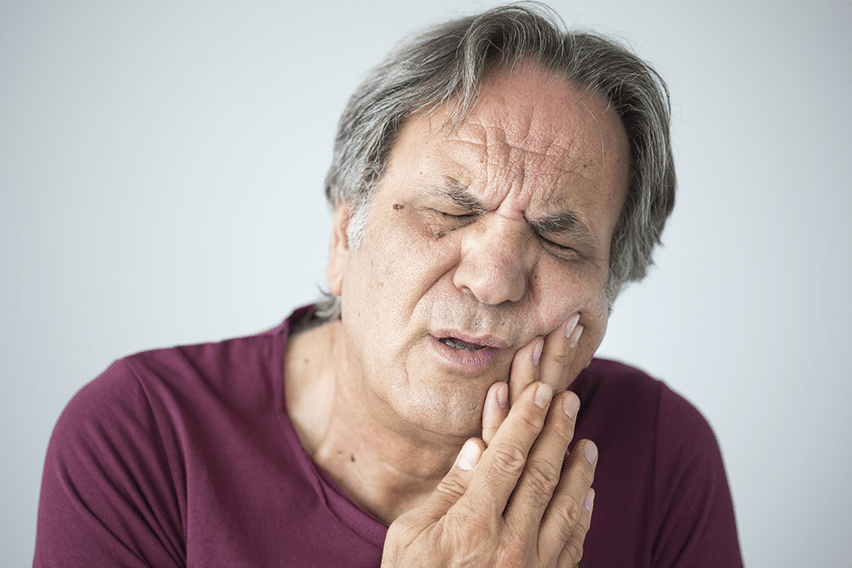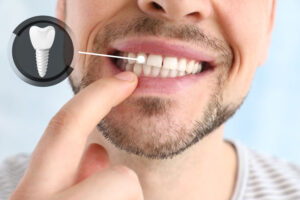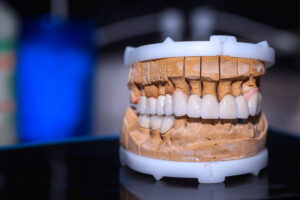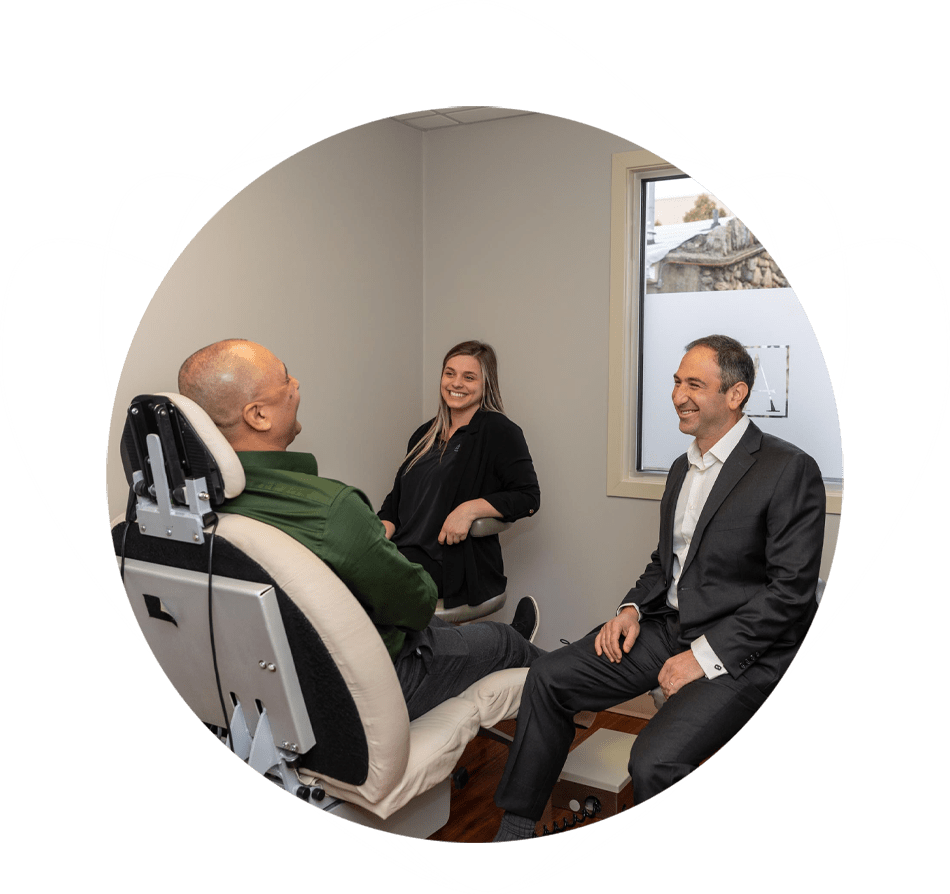There are many common ways to hit your jaw. From a simple fall to accidents while roughhousing with family, friends, or children to car or motorcycle accidents, jaw blows are common. Unfortunately, they can also be damaging. An impact to the jaw can lead to serious damage to the jaw, which may include dislocation of the jaw.
So how do you know if your jaw has been dislocated? And how do you make sure that the one-time jaw injury doesn’t lead to chronic jaw problems like TMJ?
Symptoms of a Dislocated Jaw
If you experience a dislocated jaw, there are many symptoms you might notice. Some are similar to TMJ symptoms.
First, when the dislocation occurred, there is usually a loud noise on the side that was dislocated. This will sound like it was right at the eardrum, because it practically was. Immediate pain is also typical, although depending on the circumstances you might not have noticed this because of shock or other pains that occurred at the same time.
After the dislocation, your bite will feel off, like your teeth aren’t fitting together right, which they’re not. You may have limited mouth movement and find that you can’t open or close your jaw fully. Not being able to close your mouth fully might cause you to drool. You might experience ongoing jaw pain, neck pain, facial pain, or headaches. You might find it hard to chew, or experience pain when you chew.
If you experience these symptoms, talk to your doctor.
Avoiding TMJ after Dislocated Jaw
Not everyone who gets a dislocated jaw or other jaw trauma will actually develop TMJ. However, everyone who has this type of injury is at risk for developing TMJ. To manage this risk, it’s important to talk to a neuromuscular dentist who can evaluate your bite and muscle condition.
TMJ is often not caused by the actual dislocation of the jaw, but the body’s adaptation to the injury.
When your muscles change their patterns of activity to reflect the new relationship between the teeth and joints, it can cause muscle soreness and disrupt other systems in the area. This can contribute to symptoms like tinnitus, migraines, and more.
A neuromuscular dentist can look at the patterns of jaw movement and muscle activity after your injury to determine whether your body is undergoing a healthy adaptation or one that’s likely to cause problems in the future.
If the adaptation patterns are problematic, we can address them with the use of muscle massage and a bite splint that guides the jaw back to proper function. In the future, we can even discuss the possibility of making your new bite permanent.
Did you experience a dislocated jaw? Are you concerned now about developing TMJ? Please contact us today for an appointment with a Westchester County TMJ dentist at Advanced Dentistry of Mohegan Lake.
